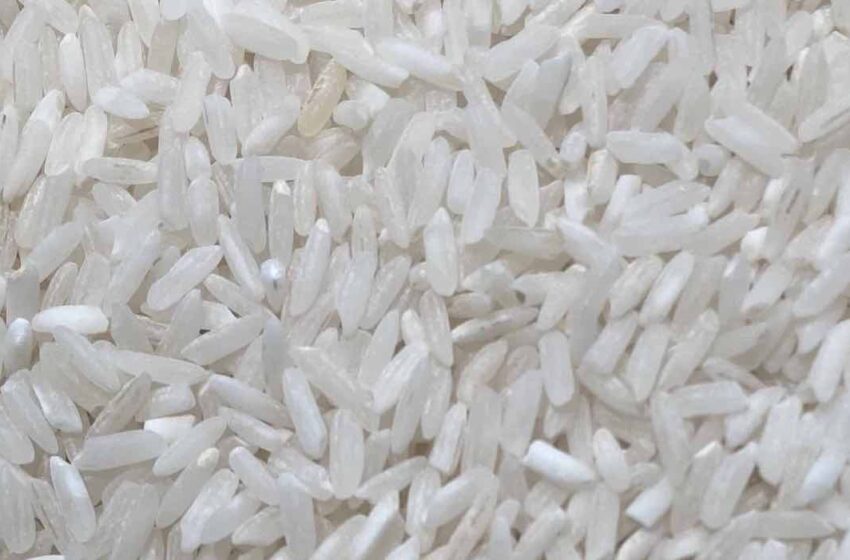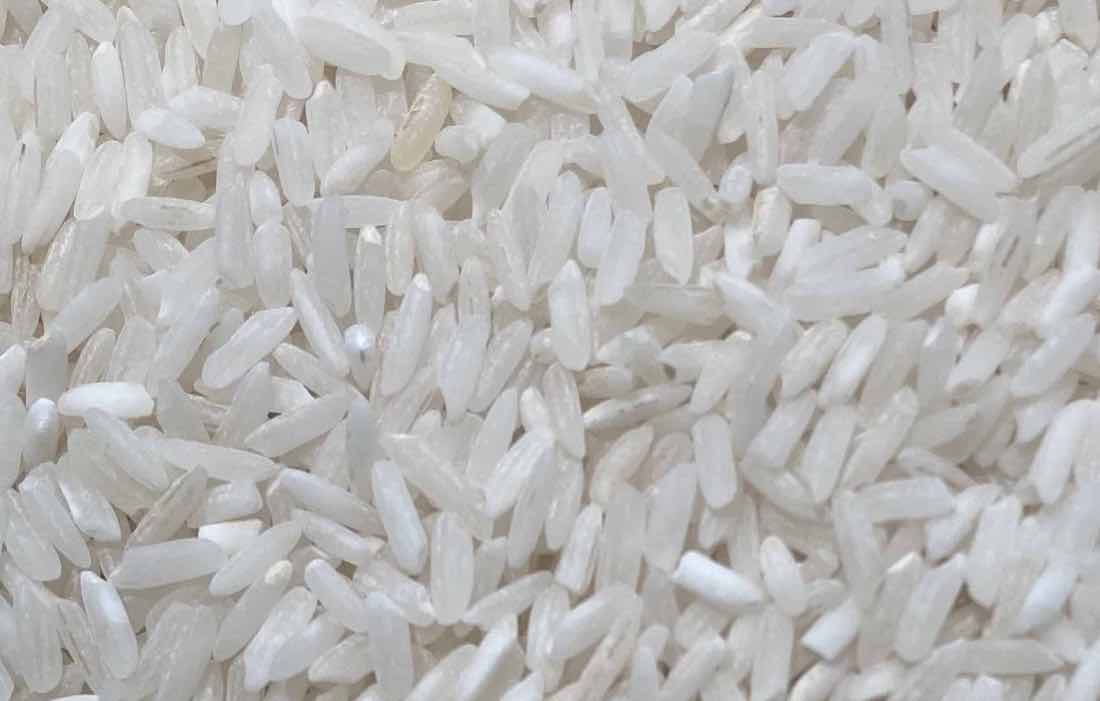After wheat flour, now it’s ‘rice rush’ among Indian Americans


Indian Americans across the country report empty shelves of rice from Costco to Patel Brothers, as India orders a halt to its rice exports.
If you are an Indian American or an Indian living in the United States, chances are you have already made that trip to the local grocery store or your nearest Costco to bag that extra bag of rice. If not, then you would have at least been aware of the frenzy to stock up on rice among desis in the past couple of days.
From Florida to Chicago, and almost everywhere in between, when the American Bazaar spoke to Indian Americans, they reported empty rice shelves at their local Costco and Indian grocery stores selling rice at inflated prices. The craziness is similar to what they experienced just a few months ago when wheat began flying off the shelves in stores across the United States.
This rice rush is the result of India ordering a halt to its rice exports. New Delhi’s move would result in reducing shipments around the world by half. The Indian government also announced a ban on non-basmati white rice after retail prices escalated by 3 percent in the month that saw a heavy monsoon in India, resulting in significant crop damage.
It may be noted that India accounts for about 40 percent of the world’s rice exports, and the newest move has led to fears of inflation.
READ: Indian food 2.0: Brown rice biryani and curries with antioxidants (July 21, 2021)
As soon as the report came out, desis began flocking to their nearby groceries to stock up on rice – a move that would further imbalance the supply.
Most Indian Americans succumbed to the fear, but a few found the move amusing. “This noon, I gave in to the constant chatter in Indian circles about the need to stock up on rice and headed to the nearest Patel brothers,” said Amit Sinh, a resident of Irving, Texas. “I am not even joking when I say that I saw a line of about 50 Indians waiting outside the store.”
A few others did not understand the reason for stocking up on rice. “I am a little zapped,” said Anita Saran. “The ban is on non-basmati rice only. I do not understand why people are hoarding. Basmati rice will be available.”
While this seems to be a plausible view, the possible reason why many Indians flocked to get that extra bag is the thought that during the non-availability of non-basmati rice, the consumption of basmati rice will increase, thus leading to a shortage of basmati rice too. Even though the move is myopic and likely to create an imbalance in the supply chain, some Indians said that they too got that extra bag just because of peer pressure.
While this seems to be a plausible view, the possible reason why many Indians flocked to get that extra bag is the thought that during the non-availability of non-basmati rice, the consumption of basmati rice will increase, thus leading to a shortage of basmati rice as well. Even though the move is myopic and likely to create an imbalance in the supply chain, some Indian Americans said that they too got that extra bag just because of peer pressure.
Neena Narain doesn’t feel the need to go get that extra bag. “I feel like I am the only odd one out who has not yet gone rice shopping amongst my desi friends,” she said. “I will perhaps drag myself out of my home and get that coveted bag.”
While many Indian Americans are experimental eaters and try almost all cuisines, some are amazed at their fetish for their favorite brand of rice. “There is jasmine rice, Thai rice, long-grain rice, and even quinoa, so I don’t know why there’s this sudden urge to stock rice,” said Mala Das. “It’s not like we eat rice for all three of our meals.”
Some people also reported seeing individuals with carts full of rice bags, sometimes in dozens, today. “This is ridiculous,” said Priya Shah. “We have been receiving forwarded pictures and videos of some people hoarding rice bags. This is the real reason why shortages happen. It’s disheartening to see educated people behaving like this.”
